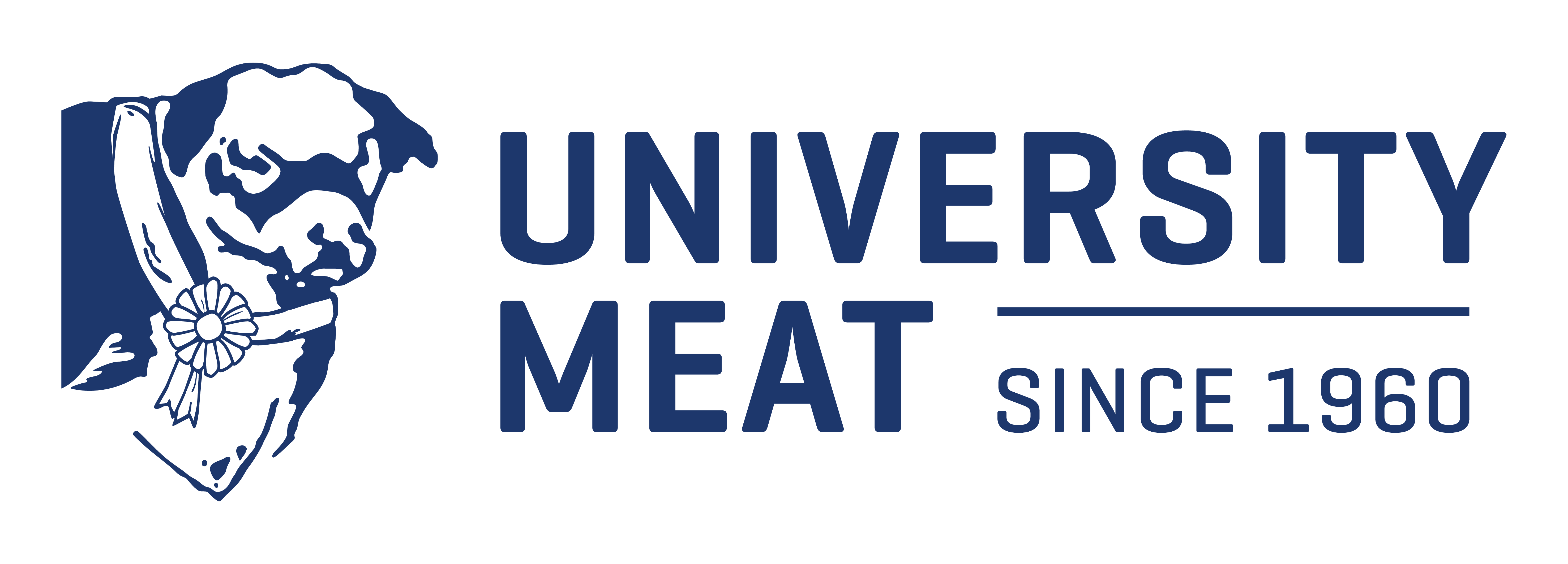Tackling Emissions, Backing the Industry
Reducing methane emissions from livestock is a key part of building a sustainable red meat industry, but it must be balanced with maintaining production and supply. At University Meat, we take sustainability seriously. As a trusted meat supplier in Melbourne chefs and foodservice operators rely on, we understand the importance of responsible sourcing that doesn’t compromise on quality or consistency, whether it's our grass-fed beef, Osso Bucco, or chicken breast fillet.
Low-Methane Pastures - A Science-Backed Solution
New research is underway into pasture varieties that help reduce methane naturally, without impacting weight gain or growth. It’s smart science driving better outcomes across the board. For us, that means we can continue supplying premium products like grass-fed beef cubes and Beef Striploin Whole with added confidence in the supply chain behind them.
How This Affects the Supply Chain
Lower emissions often mean faster-growing livestock and shorter turn-off times. For a meat supplier in Melbourne, that translates to improved consistency and availability, key for customers who rely on regular supply of portioned and value-added proteins. Whether you're ordering chicken thigh, sliced roast beef, or pork shoulder, this work helps ensure we meet your standards, every time.
Looking to the Future
Tools like Near-Infrared Spectroscopy (NIRS) are helping producers measure the methane potential of their pastures quickly and efficiently. By 2026, this technology could be in wide use across the industry. At University Meat, we’re committed to working with producers and processors at the forefront, so you can offer customers meat that’s not only high quality but backed by smart, sustainable practices.
Glossary
Turn-Off Time – The period between when an animal is born or farmed and when it’s ready for market or processing. Faster turn-off = greater efficiency and lower emissions per kg of meat.
NIRS (Near-Infrared Spectroscopy) – A scientific tool that analyses the chemical makeup of pasture and feed. It helps predict how animals will grow and how much methane they’ll produce.
Pasture Mixes – Blends of plant species used in grazing. Some reduce methane while still supporting strong livestock growth.
 © 2016 University Meat |
© 2016 University Meat |







